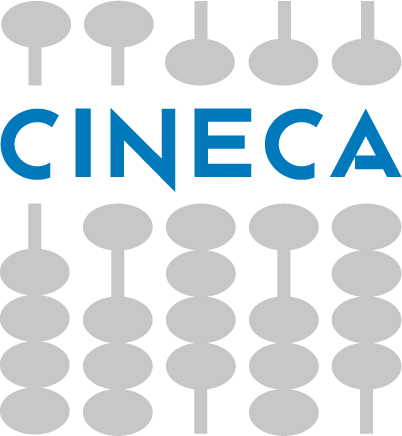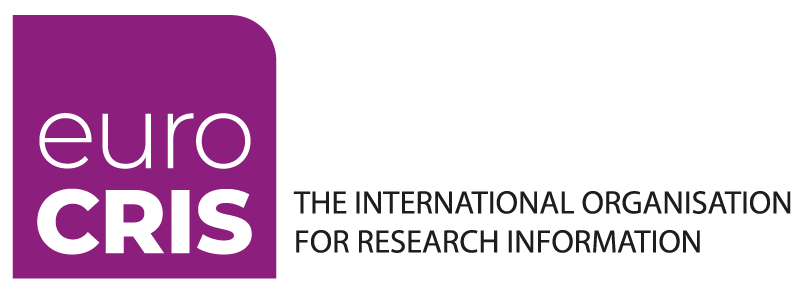 Cineca is a not for profit Consortium, made up of 70 Italian universities, 4 Italian Research Institutions and the Italian Ministry of Education.
Cineca is a not for profit Consortium, made up of 70 Italian universities, 4 Italian Research Institutions and the Italian Ministry of Education.
Today it is the largest Italian computing centre, one of the most important worldwide. With more than seven hundred employees, it operates in the technological transfer sector through high performance scientific computing, the management and development of networks and web based services, and the development of complex information systems for treating large amounts of data.
It develops advanced Information Technology applications and services, acting as a trait-d'union between the academic world, the sphere of pure research and the world of industry and Public Administration.
Cineca offers support to the research activities of the scientific community through supercomputing and its applications. It has a computing environment with the maximum in available architectures and technologies and has very advanced hardware resources. Its specialized personnel is highly qualified and assists researchers in the use of the technological infrastructure in both the academic and industrial sectors. It represents Italy in many projects within the European Union, participating in numerous activities relative to the promotion, development and diffusion of the most advanced information technologies.
Its institutional mission also includes the creation of management systems and services to provide support for universities and the Ministry of Education, University and Research (MIUR). In this role, the Consortium is engaged in the constant research for solutions capable of accompanying universities as they modernise their methods of governing such complex and intricate areas.
Cineca's CRIS (Current Research Information System) System, named IRIS (Institutional Research Information System) is currently running in 65 Italian Universities and Research Centers. Besides that, Cineca is involved in the open source community of DSpace Institutional Repository with 2 official Committers and it has developed (and released in open source) a solution named DSpace-CRIS that extends the repository functionalities to the CRIS ones based on the CERIF data model.


